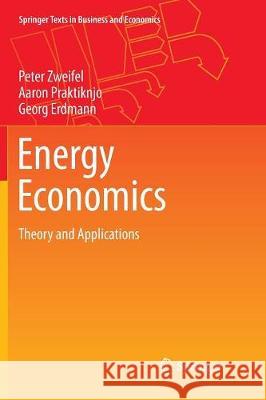Energy Economics: Theory and Applications » książka
topmenu
Energy Economics: Theory and Applications
ISBN-13: 9783662571026 / Angielski / Miękka / 2018 / 324 str.
Kategorie:
Kategorie BISAC:
Wydawca:
Springer
Seria wydawnicza:
Język:
Angielski
ISBN-13:
9783662571026
Rok wydania:
2018
Wydanie:
Softcover Repri
Ilość stron:
324
Waga:
0.48 kg
Wymiary:
23.39 x 15.6 x 1.83
Oprawa:
Miękka
Wolumenów:
01
Dodatkowe informacje:
Wydanie ilustrowane











